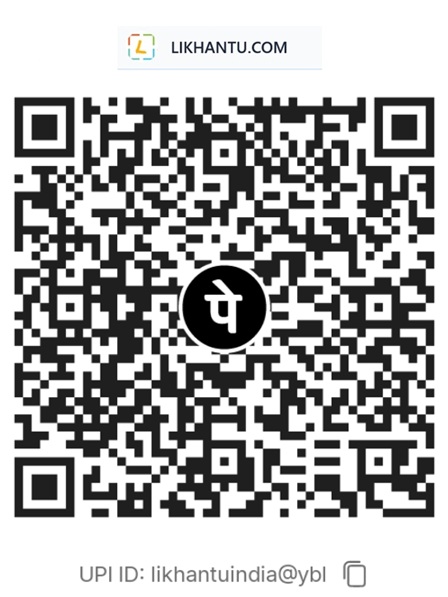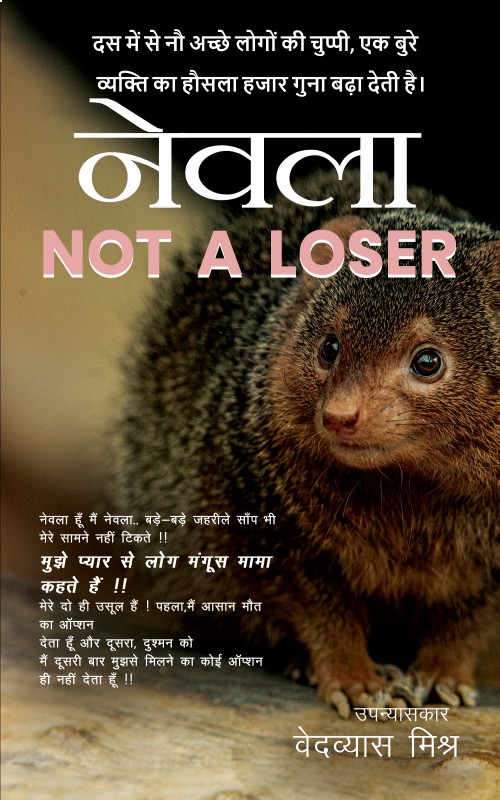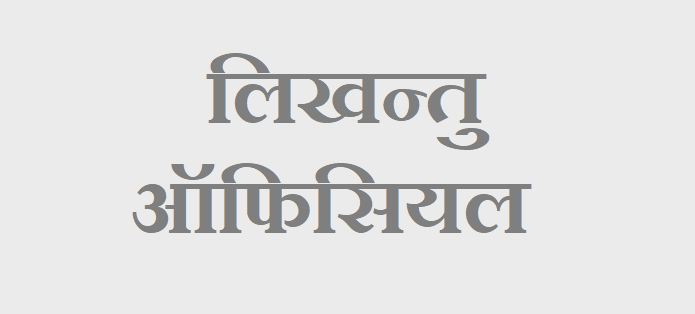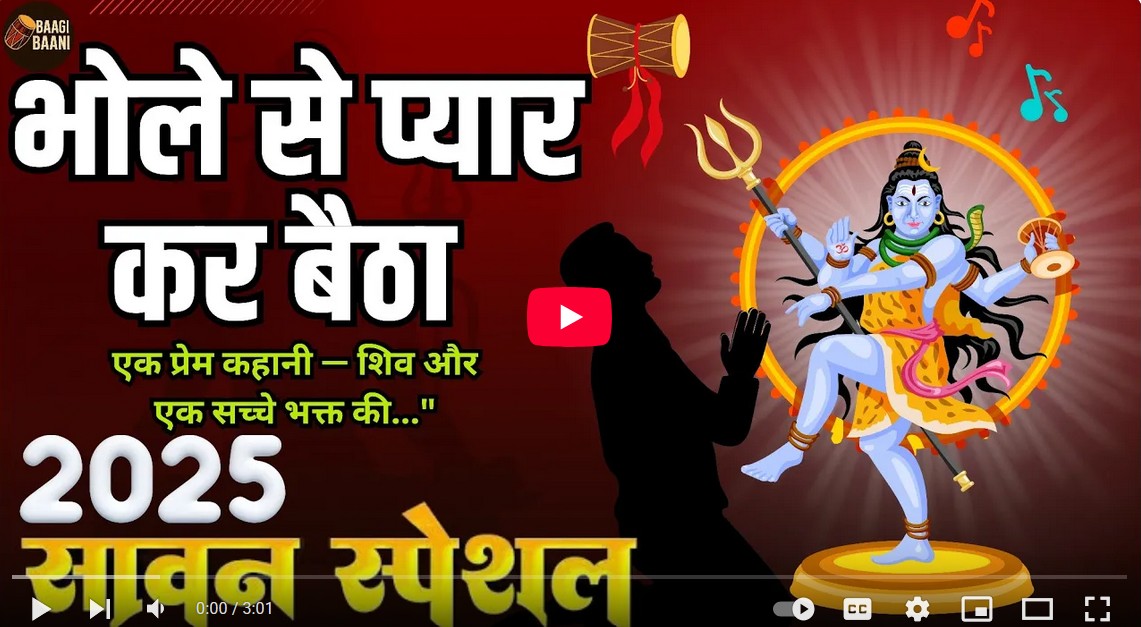
ChatGPT is a free-to-use AI system. Use it for engaging conversations, gain insights, automate tasks, and witness the future of AI, all in one place.
ChatGPT (Chat Generative Pre-trained Transformer) is a chatbot developed by OpenAI and launched on November 30, 2022. Based on a large language model, it enables users to refine and steer a conversation towards a desired length, format, style, level of detail, and language. Successive prompts and replies, known as prompt engineering, are considered at each conversation stage as a context.
By January 2023, it had become what was then the fastest-growing consumer software application in history, gaining over 100 million users and contributing to the growth of OpenAI's current valuation of $80 billion. ChatGPT's release spurred the release of competing products, including Gemini, Ernie Bot, LLaMA, Claude, and Grok. Microsoft launched Copilot, based on OpenAI's GPT-4. Some observers raised concern about the potential of ChatGPT and similar programs to displace or atrophy human intelligence, enable plagiarism, or fuel misinformation.
ChatGPT is available for use online in two versions, one built on GPT-3.5 and the other on GPT-4, both of which are members of OpenAI's proprietary series of generative pre-trained transformer (GPT) models and is fine-tuned for conversational applications using a combination of supervised learning and reinforcement learning from human feedback.
ChatGPT was released as a freely available research preview, but due to its popularity, OpenAI now operates the service on a freemium model. It allows users on its free tier to access the GPT-3.5-based version, while the more advanced GPT-4-based version and priority access to newer features are provided to paid subscribers under the commercial name "ChatGPT Plus".
ChatGPT is credited with starting the AI boom, which has led to ongoing rapid and unprecedented investment in and public attention to the field of artificial intelligence.
Training
ChatGPT is based on particular GPT foundation models, namely GPT-3.5 and GPT-4, that were fine-tuned to target conversational usage.[9] The fine-tuning process leveraged supervised learning and reinforcement learning from human feedback (RLHF).Both approaches employed human trainers to improve model performance. In the case of supervised learning, the trainers played both sides: the user and the AI assistant. In the reinforcement learning stage, human trainers first ranked responses that the model had created in a previous conversation.
These rankings were used to create "reward models" that were used to fine-tune the model further by using several iterations of Proximal Policy Optimization.
Time magazine revealed that, to build a safety system against harmful content (e.g., sexual abuse, violence, racism, sexism), OpenAI used outsourced Kenyan workers earning less than $2 per hour to label harmful content. These labels were used to train a model to detect such content in the future. The outsourced laborers were exposed to "toxic" and traumatic content; one worker described the assignment as "torture". OpenAI's outsourcing partner was Sama, a training-data company based in San Francisco, California.
ChatGPT initially used a Microsoft Azure supercomputing infrastructure, powered by Nvidia GPUs, that Microsoft built specifically for OpenAI and that reportedly cost "hundreds of millions of dollars". Following ChatGPT's success, Microsoft dramatically upgraded the OpenAI infrastructure in 2023. Scientists at the University of California, Riverside, estimate that a series of prompts to ChatGPT needs approximately 500 milliliters of water for Microsoft servers cooling. TrendForce market intelligence estimated that 30,000 Nvidia GPUs (each costing approximately $10,000–$15,000) were used to power ChatGPT in 2023.
OpenAI collects data from ChatGPT users to train and fine-tune the service further. Users can upvote or downvote responses they receive from ChatGPT and fill in a text field with additional feedback.
ChatGPT's training data includes software manual pages, information about internet phenomena such as bulletin board systems, and multiple programming languages. Wikipedia was also one of the sources of ChatGPT's training data.
Features and limitations
Features
Although a chatbot's core function is to mimic a human conversationalist, ChatGPT is versatile. Among countless examples, it can write and debug computer programs; compose music, teleplays, fairy tales, and student essays; answer test questions (sometimes, depending on the test, at a level above the average human test-taker); generate business ideas; write poetry and song lyrics; translate and summarize text; emulate a Linux system; simulate entire chat rooms; play games like tic-tac-toe; or simulate an ATM.Compared to its predecessor, InstructGPT, ChatGPT attempts to reduce harmful and deceitful responses. In one example, whereas InstructGPT accepts the premise of the prompt "Tell me about when Christopher Columbus came to the U.S. in 2015" as truthful, ChatGPT acknowledges the counterfactual nature of the question and frames its answer as a hypothetical consideration of what might happen if Columbus came to the U.S. in 2015, using information about the voyages of Christopher Columbus and facts about the modern world—including modern perceptions of Columbus's actions.
ChatGPT remembers a limited number of previous prompts in the same conversation. Journalists have speculated that this will allow ChatGPT to be used as a personalized therapist. To prevent offensive outputs from being presented to and produced by ChatGPT, queries are filtered through the OpenAI "Moderation endpoint" API (a separate GPT-based AI).
In March 2023, OpenAI added support for plugins for ChatGPT.[33] This includes both plugins made by OpenAI, such as web browsing and code interpretation, and external plugins from developers such as Expedia, OpenTable, Zapier, Shopify, Slack, and Wolfram.
Limitations
OpenAI acknowledges that ChatGPT "sometimes writes plausible-sounding but incorrect or nonsensical answers". This behavior is common for large language models, and is called "hallucination".[36] The reward model of ChatGPT, designed around human oversight, can be over-optimized and thus hinder performance, in an example of an optimization pathology known as Goodhart's law.As of 2023, GPT-3.5, available in the free version of ChatGPT, has knowledge of events that occurred up to January 2022, and GPT-4, available with ChatGPT Plus, up to April 2023.
Training data also suffers from algorithmic bias, which may be revealed when ChatGPT responds to prompts including descriptors of people. In one instance, ChatGPT generated a rap in which women and scientists of color were asserted to be inferior to white male scientists. This negative misrepresentation of groups of individuals is an example of possible representational harm.
In an article for The New Yorker, science fiction writer Ted Chiang compared ChatGPT and other LLMs to a lossy JPEG picture:
Think of ChatGPT as a blurry JPEG of all the text on the Web. It retains much of the information on the Web, in the same way, that a JPEG retains much of the information of a higher-resolution image, but, if you're looking for an exact sequence of bits, you won't find it; all you will ever get is an approximation. But, because the approximation is presented in the form of grammatical text, which ChatGPT excels at creating, it's usually acceptable. [...] It's also a way to understand the "hallucinations", or nonsensical answers to factual questions, to which large language models such as ChatGPT are all too prone. These hallucinations are compression artifacts, but [...] they are plausible enough that identifying them requires comparing them against the originals, which in this case means either the Web or our knowledge of the world. When we think about them this way, such hallucinations are anything but surprising; if a compression algorithm is designed to reconstruct text after ninety-nine percent of the original has been discarded, we should expect that significant portions of what it generates will be entirely fabricated.
Jailbreaking
ChatGPT attempts to reject prompts that may violate its content policy. Despite this, some users managed to jailbreak ChatGPT with various prompt engineering techniques to bypass these restrictions in early December 2022 and successfully tricked it into giving instructions to create a Molotov cocktail or a nuclear bomb, or into generating arguments in the style of a neo-Nazi. One popular jailbreak is named "DAN", an acronym which stands for "Do Anything Now". The prompt for activating DAN instructs ChatGPT that "they have broken free of the typical confines of AI and do not have to abide by the rules set for them". Later versions of DAN featured a token system, in which ChatGPT was given "tokens" that were "deducted" when ChatGPT failed to answer as DAN, to coerce ChatGPT into answering the user's prompts.Shortly after ChatGPT's launch, a reporter for the Toronto Star had uneven success in getting it to make inflammatory statements: ChatGPT was successfully tricked to justify the 2022 Russian invasion of Ukraine, but even when asked to play along with a fictional scenario, ChatGPT balked at generating arguments for why Canadian Prime Minister Justin Trudeau was guilty of treason.
OpenAI tries to battle jailbreaks:
The researchers are using a technique called adversarial training to stop ChatGPT from letting users trick it into behaving badly (known as jailbreaking). This work pits multiple chatbots against each other: one chatbot plays the adversary and attacks another chatbot by generating text to force it to buck its usual constraints and produce unwanted responses. Successful attacks are added to ChatGPT's training data in the hope that it learns to ignore them.
Software developer support
As an addition to its consumer-friendly "ChatGPT Plus" package, OpenAI made its ChatGPT and Whisper model APIs available in March 2023, providing developers with an application programming interface for AI-enabled language and speech-to-text features. ChatGPT's new API uses the same GPT-3.5-turbo AI model as the chatbot. This allows developers to add either an unmodified or modified version of ChatGPT to their applications. The ChatGPT API costs $0.001 per 1,000 input tokens plus $0.002 per 1,000 output tokens (about 750 words), making it ~10% the price of the original GPT-3.5 models.A few days before the launch of OpenAI's software developer support service, on February 27, 2023, Snapchat rolled out, for its paid Snapchat Plus userbase, a custom ChatGPT chatbot called "My AI".
Future directions
According to OpenAI guest researcher Scott Aaronson, OpenAI has been working on a tool to digitally watermark its text generation systems to combat bad actors using their services for academic plagiarism or spam.In February 2023, Microsoft announced an experimental framework and gave a rudimentary demonstration of how ChatGPT could be used to control robotics with intuitive open-ended natural language commands.
GPT-4
OpenAI's GPT-4 model was released on March 14, 2023. Observers saw it as an impressive improvement on the existing GPT-3.5 model for ChatGPT, with the caveat that GPT-4 retained many of the same problems. Some of GPT-4's improvements were predicted by OpenAI before training it, while others remained hard to predict due to breaks in downstream scaling laws. OpenAI demonstrated video and image inputs for GPT-4, although such features remain inaccessible to the general public. OpenAI has declined to reveal technical information such as the size of the GPT-4 model.The ChatGPT Plus subscription service offers access to a GPT-4-powered version of ChatGPT. Microsoft acknowledged that Bing Chat was using GPT-4 before GPT-4's official release.
GPT Store
In January 2024, OpenAI launched the GPT Store, a marketplace for custom chatbots derived from ChatGPT. The company initially planned to launch the store in November 2023, but it was delayed. At launch, the GPT Store offered more than 3 million custom chatbots. Chatbots available through the store are developed using OpenAI's GPT Builder system.[90] Development of chatbots on the platform does not require programming skills. Two days after launch, the GPT Store offered many versions of "virtual girlfriend" bots, something that is against OpenAI's terms of service.Important Links
1. ChatGPT OPEN AI
2. OPEN AI
3. GPT-4
4. SORA
5. DELL-E-3
6. OPEN AI API & PRODUCTS
7. API Pricing
8. API Documentation
9. About ChatGPT Company
10. Careers at ChatGPT
** Sources Wikipedia & Official Website of ChatGPT & OpenAI
आलेख - अशोक कुमार पचौरी
Article By - Ashok kumar Pachaury



 The Flower of Word by Vedvyas Mishra
The Flower of Word by Vedvyas Mishra The novel 'Nevla' (The Mongoose) by Vedvyas Mishra
The novel 'Nevla' (The Mongoose) by Vedvyas Mishra The Flower of Word by Vedvyas Mishra
The Flower of Word by Vedvyas Mishra















